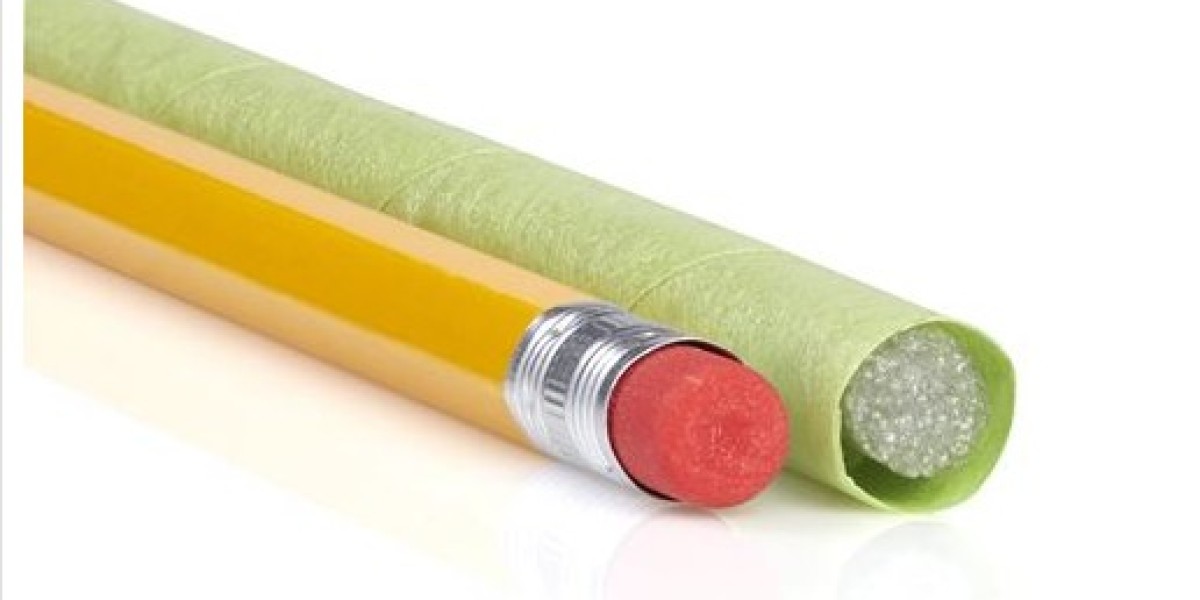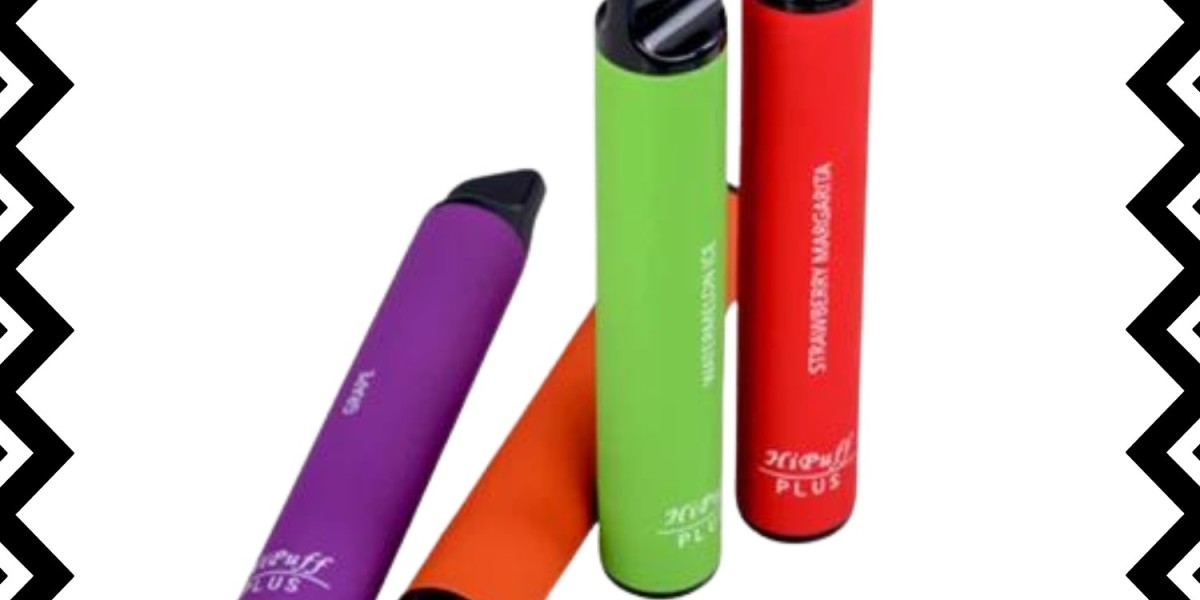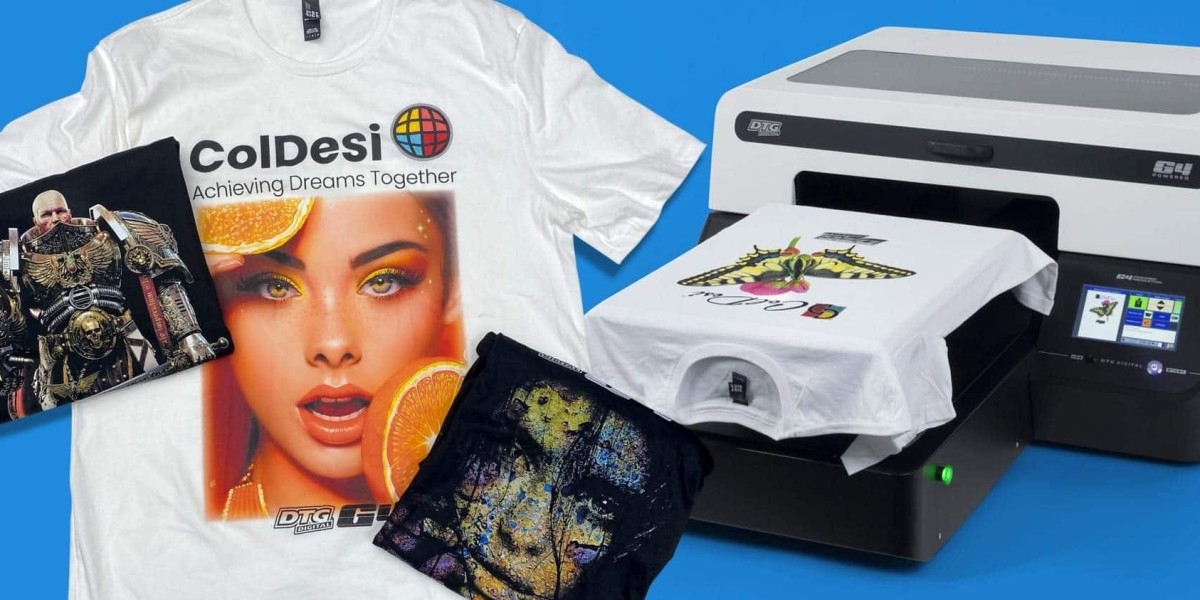Explanation of Regular Masking Tape
Regular masking tape is a general-purpose adhesive tape commonly used for various household tasks like labeling, bundling, and light-duty masking. It is not specifically designed for automotive applications.
Purpose of Car Painting
Car painting serves both aesthetic and protective purposes, enhancing the appearance of the vehicle while safeguarding it from environmental elements like rust and corrosion.
Importance of Using the Right Tape
Using the correct masking tape is crucial in car painting to achieve clean lines, prevent paint bleed, and ensure a professional finish without damaging the underlying surfaces.
Types of Masking Tapes
Regular Masking Tape
Composition: Regular masking tape is typically composed of a paper backing with a pressure-sensitive adhesive on one side. The backing material is lightweight and easy to tear, making it suitable for various general-purpose applications.
Adhesive Strength: The adhesive strength of regular masking tape is moderate, designed for light-duty tasks such as labeling, bundling, and temporary masking. It may not withstand harsh conditions or automotive painting processes due to its lower adhesive properties.
Intended Use: Regular masking tape is commonly used in non-critical applications where precision and high adhesive strength are not essential. It is suitable for tasks like labeling, bundling, and light-duty masking in household and general-purpose settings.
Automotive Masking Tape
Composition: Automotive masking tape is specifically designed for professionals in the automotive industry. It features a specialized backing material that offers superior adhesion to automotive surfaces like metal, aluminum, and polypropylene. The adhesive is formulated to withstand automotive painting processes and high temperatures.
Adhesive Strength: Automotive masking tape has a high adhesive strength tailored for automotive applications. It provides excellent anchoring and holding power over time, ensuring proper masking during painting processes without paint bleed or residue.
Intended Use: Automotive masking tape is intended for critical automotive tasks where precision, clean lines, and paint protection are paramount. It is ideal for masking off panels, bumpers, and various parts of the vehicle during painting, ensuring crisp paint edges and easy, clean removal without damaging the underlying surfaces.
Regular masking tape is suitable for light-duty tasks and general-purpose applications due to its moderate adhesive strength and composition. On the other hand, automotive masking tape is specifically engineered for automotive professionals, offering superior adhesion, clean lines, and precise masking capabilities essential for automotive painting processes.
Considerations for Car Painting
Surface Preparation
Proper surface preparation is crucial for a successful car painting job. This includes:
Cleaning: Ensuring the surface is free of dirt, grease, and contaminants that can affect paint adhesion.
Sanding: Smoothing out imperfections, removing old paint, and creating a suitable surface for the new paint to adhere to.
Priming: Applying a primer to enhance adhesion, improve paint durability, and provide a uniform surface for the paint to bond with.
Masking: Using appropriate masking materials to protect areas not intended for painting and ensure clean lines and precise paint application.
Paint Type and Application Method
The choice of paint type and application method significantly impacts the outcome of a car painting project:
Paint Type: Selecting the right type of paint (e.g., acrylic, enamel, urethane) based on durability, finish, and color options.
Application Method: Choosing between spray painting, brush painting, or roller application based on the desired finish, coverage, and efficiency.
Environmental Factors
Environmental conditions can affect the quality and durability of a car paint job:
Temperature and Humidity: Ideal painting conditions typically involve moderate temperatures and controlled humidity levels to ensure proper paint drying and curing.
Ventilation: Adequate ventilation is essential to prevent paint fumes from accumulating and ensure a safe working environment.
Dust and Debris: Minimizing dust and debris in the painting area is crucial to achieving a smooth and flawless finish.
Durability and Longevity of the Paint Job
Ensuring the durability and longevity of a car paint job involves:
Quality Materials: Using high-quality paints, primers, and clear coats that are compatible and designed for automotive applications.
Proper Application: Applying the paint in thin, even coats with the correct technique to prevent runs, drips, and uneven coverage.
Protective Measures: Applying a clear coat for added protection, regularly maintaining the painted surface, and avoiding harsh chemicals or abrasive cleaning methods to preserve the paint finish over time.
By considering these factors and taking the necessary precautions, car painting projects can achieve professional results with lasting durability and a high-quality finish.
Using Regular Masking Tape for Car Painting
When considering using regular masking tape for car painting, several factors should be taken into account:
Potential Issues
Adhesive Residue
Regular masking tape may leave adhesive residue on the car's surface, especially if left on for an extended period or exposed to heat during the painting process.
Residue can be challenging to remove and may affect the adhesion of the new paint, leading to imperfections in the finish.
Bleeding and Paint Seepage
Due to its lower adhesive strength, regular masking tape may not provide a tight seal, leading to paint bleeding or seepage under the tape edges.
This can result in uneven paint lines, smudges, or unwanted paint on adjacent surfaces, compromising the overall quality of the paint job.
Lack of Precision
Regular masking tape may not offer the level of precision required for intricate or detailed masking tasks in car painting.
The tape's inability to conform to curves or tight corners may result in jagged lines or uneven paint application, affecting the final aesthetic appeal.
Short-term vs Long-term Results
Short-term: Regular masking tape may suffice for temporary or quick touch-up jobs where precision and long-term durability are not critical.
Long-term: For professional and lasting results, using automotive masking tape is recommended to ensure clean lines, precise masking, and a high-quality finish that withstands the test of time.
Impact on Overall Finish Quality
Using regular masking tape for car painting can impact the overall finish quality by:
Compromising paint adhesion and finish smoothness due to adhesive residue.
Resulting in paint bleeding or seepage, leading to uneven lines and smudges.
Limiting the precision and detail of the paint job, affecting the overall aesthetic appeal and professional look of the vehicle.
Importance of Using Automotive Masking Tape
Superior Adhesion and Durability
Automotive masking tape offers superior adhesion compared to regular masking tape, ensuring that it securely holds in place during the painting process.
The tape's durability allows it to withstand the harsh conditions of automotive painting, including exposure to solvents, heat, and moisture, without compromising its adhesive strength.
Precision and Clean Lines
Automotive masking tape is designed to provide precise masking lines and clean edges, essential for achieving professional and flawless paint finishes.
The tape's ability to create sharp lines helps prevent paint bleed or smudging, ensuring a clean and precise application of paint on the vehicle's surface.
Compatibility with Automotive Paints and Solvents
Automotive masking tape is specifically formulated to be compatible with various automotive surfaces, such as metal, plastic, and glass, ensuring proper adhesion and clean removal without leaving residue.
The tape's compatibility with automotive paints and solvents ensures that it maintains its adhesive properties and does not break down when exposed to these substances, guaranteeing a high-quality finish without any damage to the underlying surface.
Conclusion
It is highly recommended to use automotive masking tape for car painting projects to ensure superior adhesion, precision, and compatibility with automotive paints and solvents.
Automotive masking tape offers the necessary durability, clean lines, and precise masking capabilities required for professional results in car painting.









